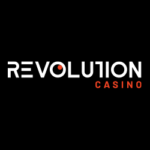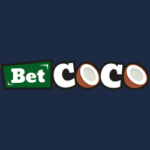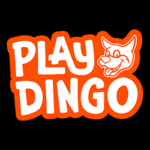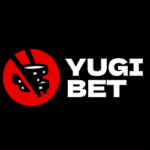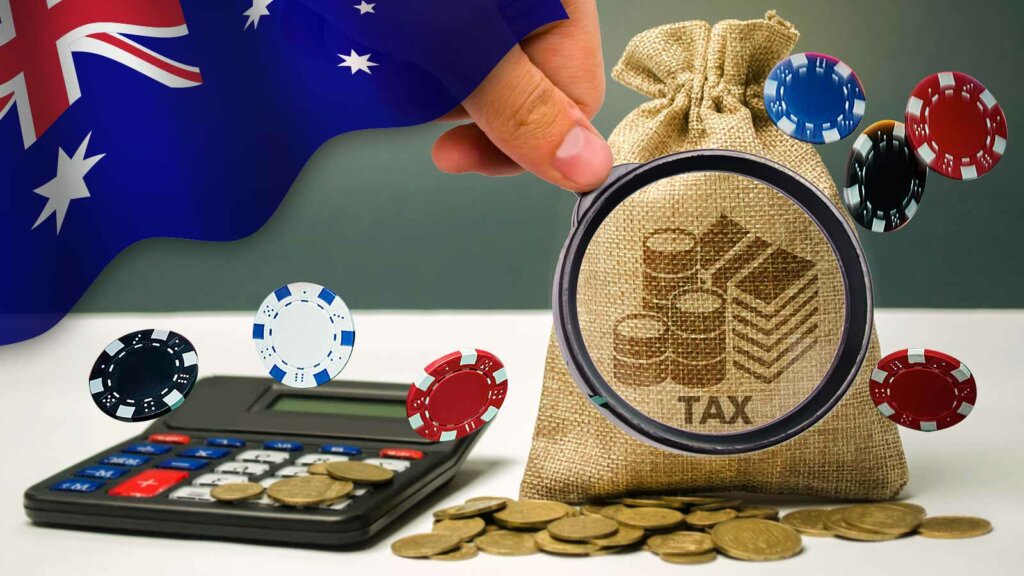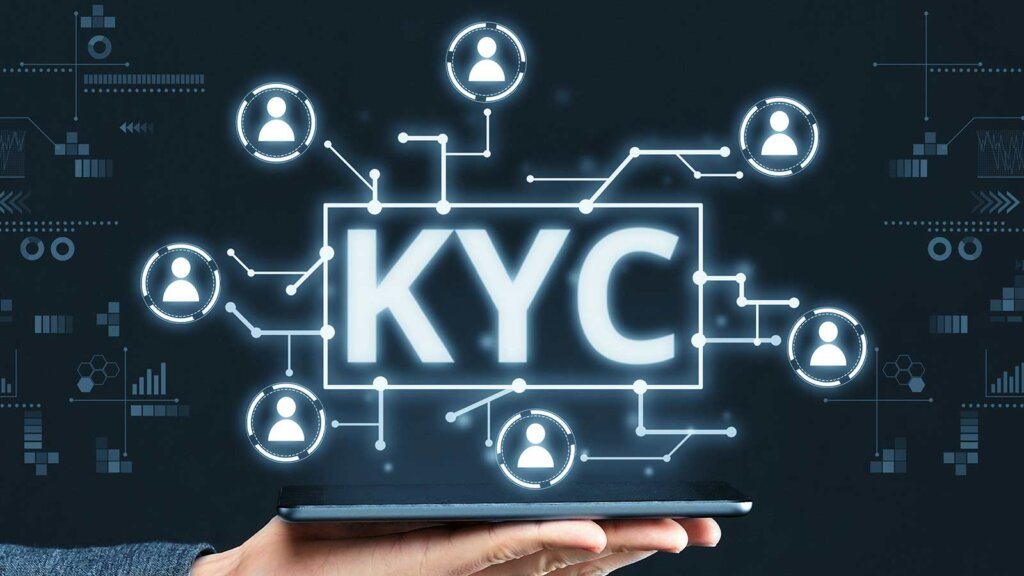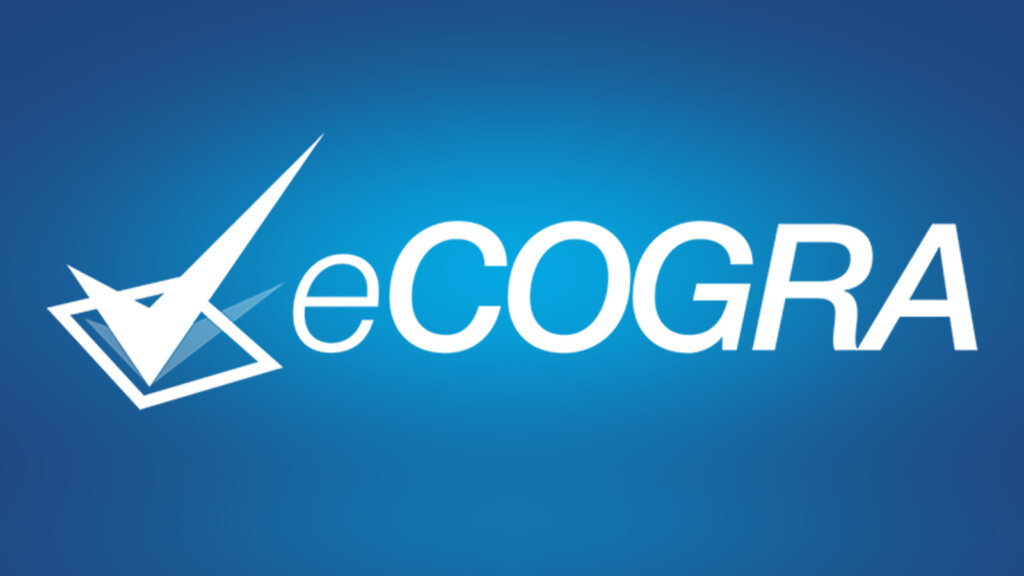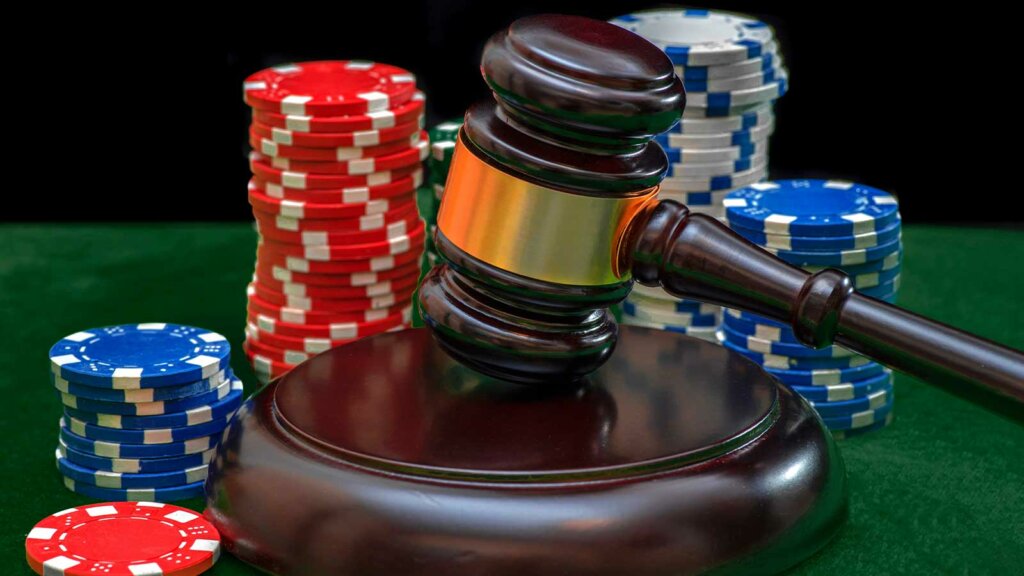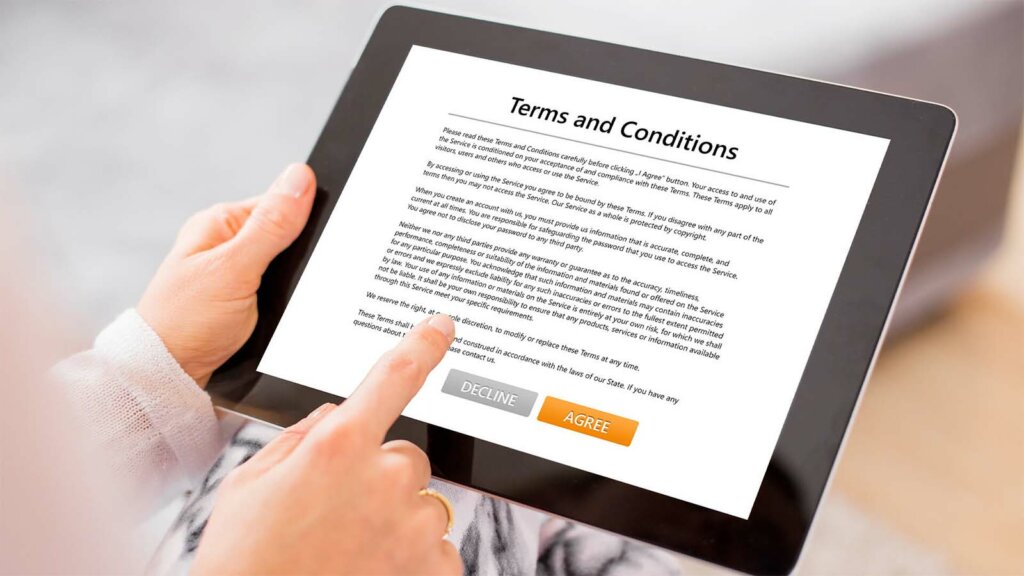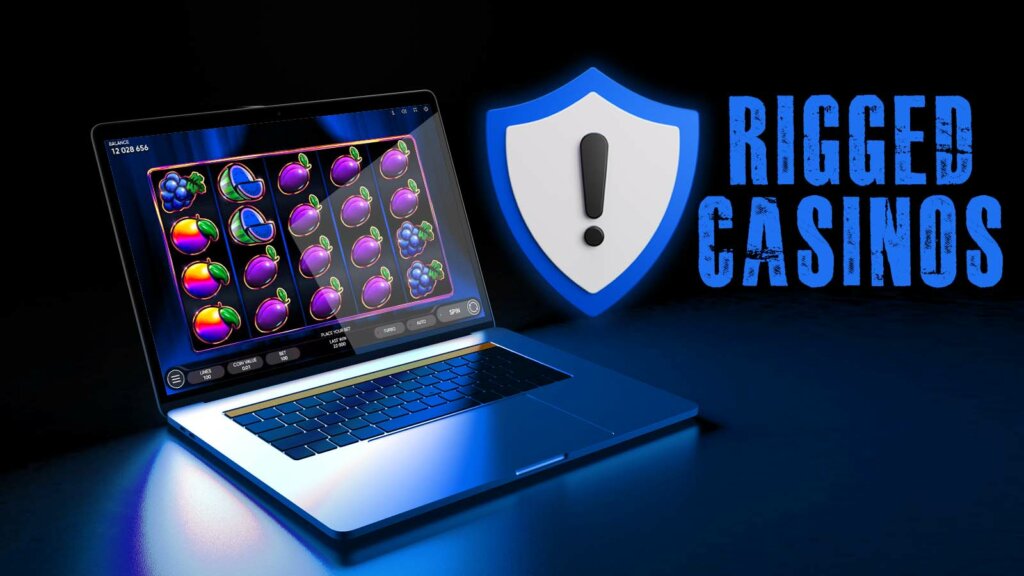
Are Online Casinos Rigged?
There have been instances, but not all casinos are rigged. Proof of fairness exists and we shall help you understand them. Our legal experts provide all the relevant details so that you may make wiser and informed decisions!
Are Online Casinos Rigged Against Players?
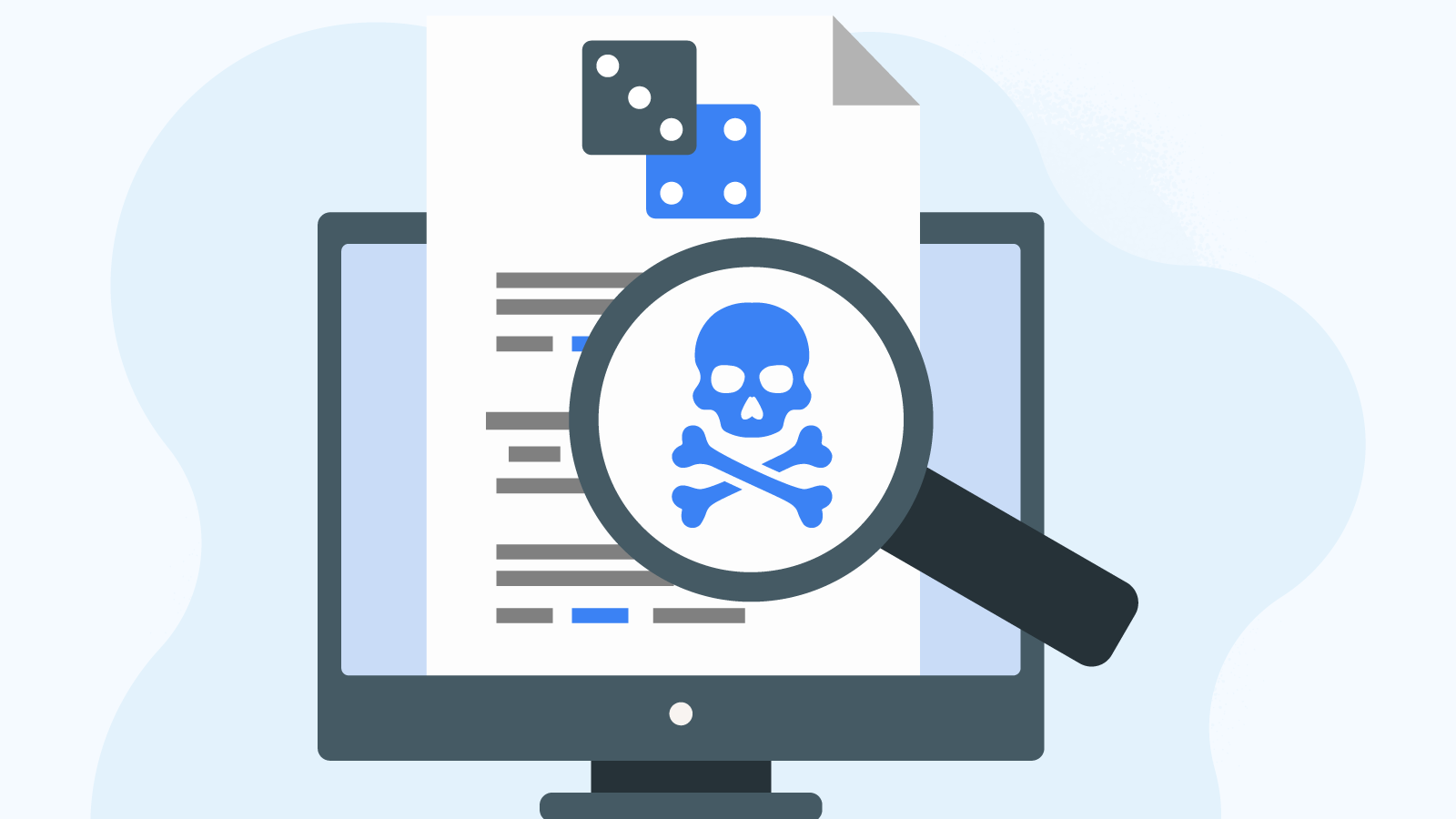
Instances where the gambling operator actively cheated its customers have existed. However, top New Zealand online casinos always function fairly and aim to entertain players.
More so, most gambling services have industry-specific means of proving their fair functioning. It is natural to fear that online gambling is rigged. However, you can take the following pieces of evidence as your guidelines for choosing fair options.
Proofs of Fairness
-
Licensing
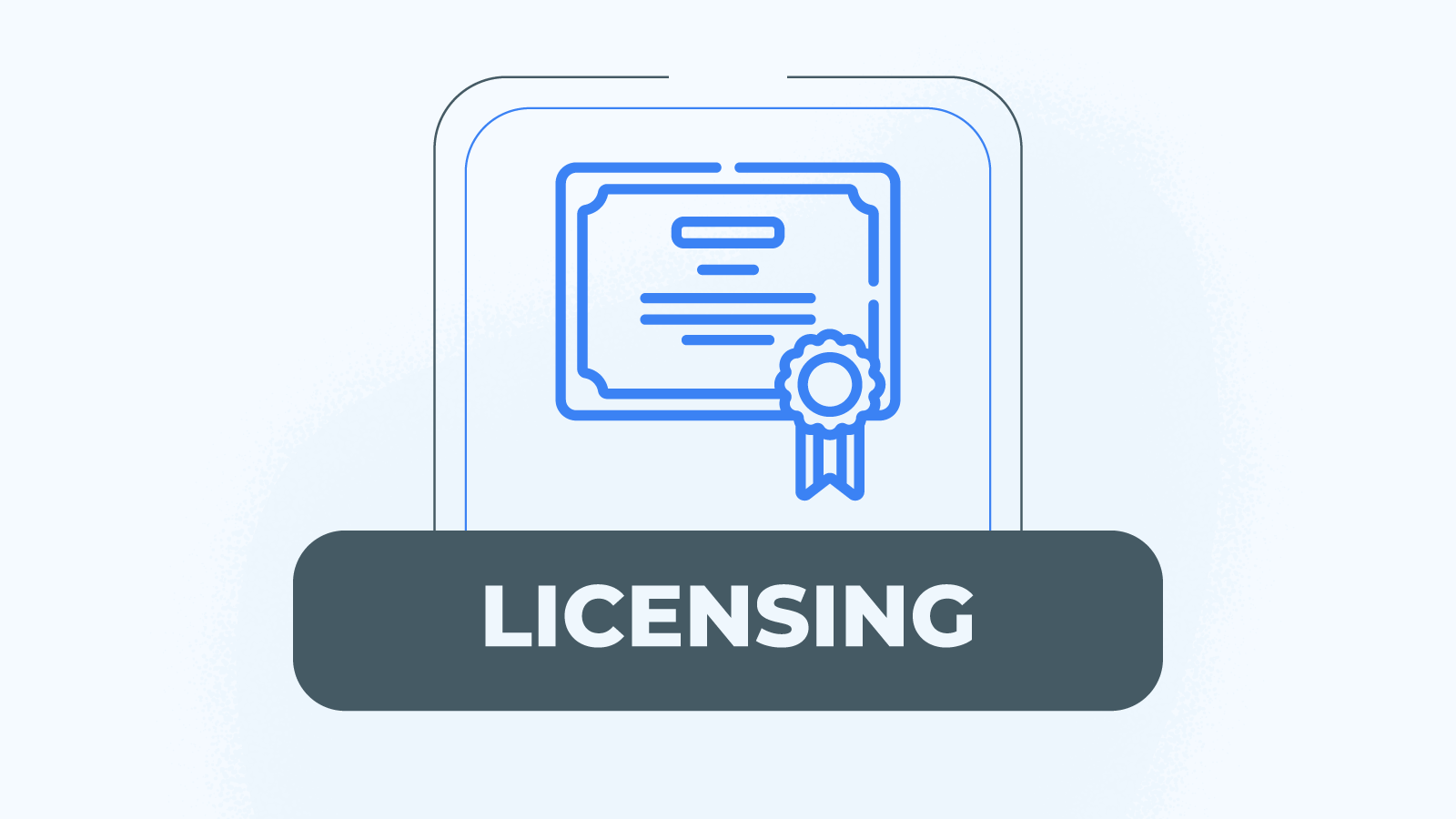
Gambling licenses provide the most extensive and specialised proof of the fairness of gambling sites.
An operator receives a license in accordance with the laws of a jurisdiction only following a thorough assessment of its terms of business and platform.
Naturally, not only are casinos rigged from the beginning, but they can be turned into a fraud later on. For this issue, iGaming licensors perform regular checks. If an operator engages into illegal practices later on, it also loses its right to hold the license.
Trustworthy Casino Licensors
- The UK Gambling Commission
- The Malta Gaming Authority
- The Gibraltar Gambling Commissioner
- Gambling Supervision Commission
Disclaimer
Curacao licensing bodies are not as strict, and their limited set of enforced policies do not adhere to our conception of a fair and secure online casino.
-
Random Number Generators
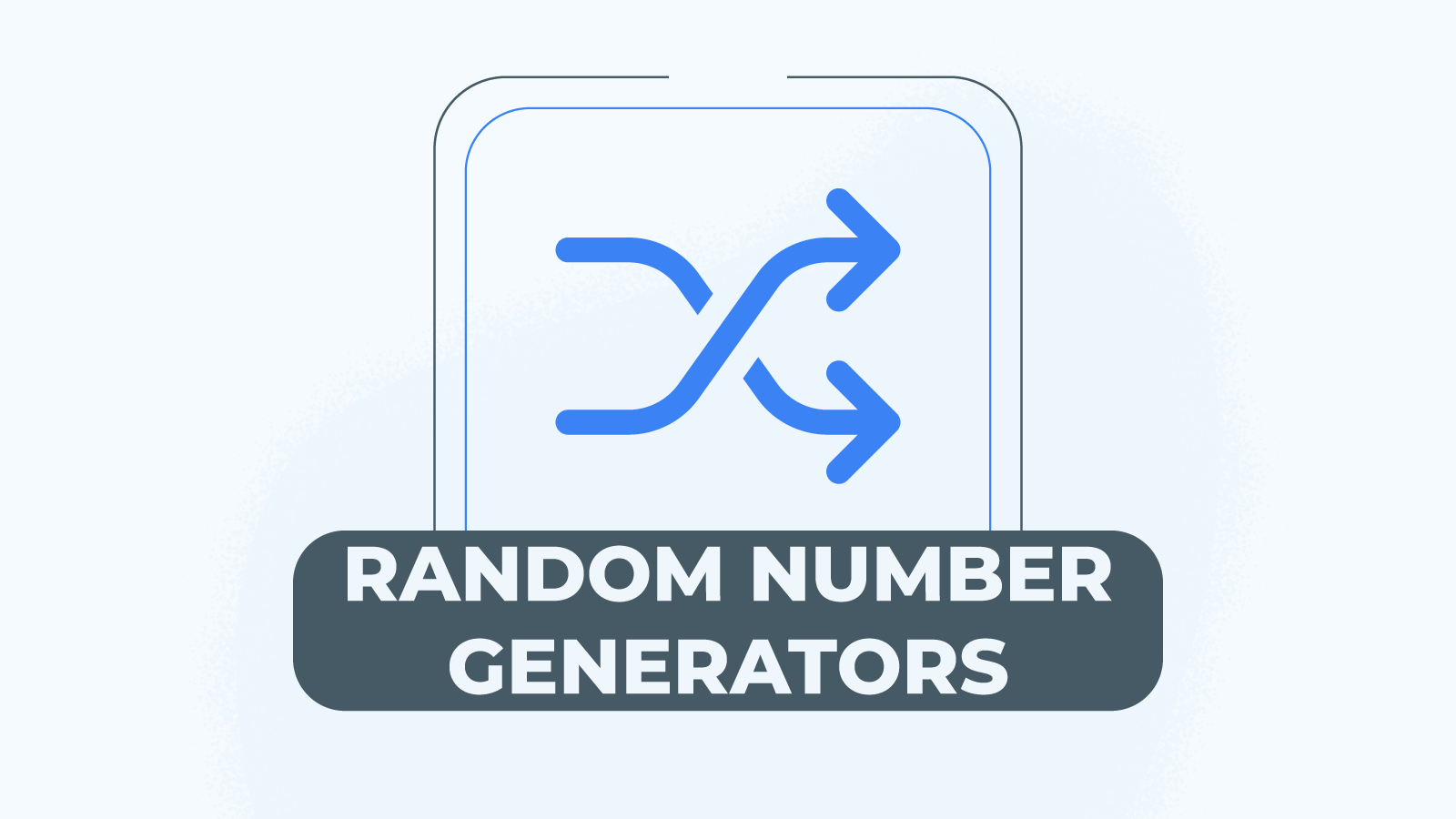
Most of the games featured on gambling sites will use an RNG for the sake of fairness.
Random Number Generators, or RNGs, are algorithms that return a reasonably unpredictable set of symbols and numbers.
Each featured game is a piece of software that simulates a gambling activity. However, when it comes to generating random outcomes, as is expected from casino games, RNGs are what makes them tick.
-
On-Site Testing
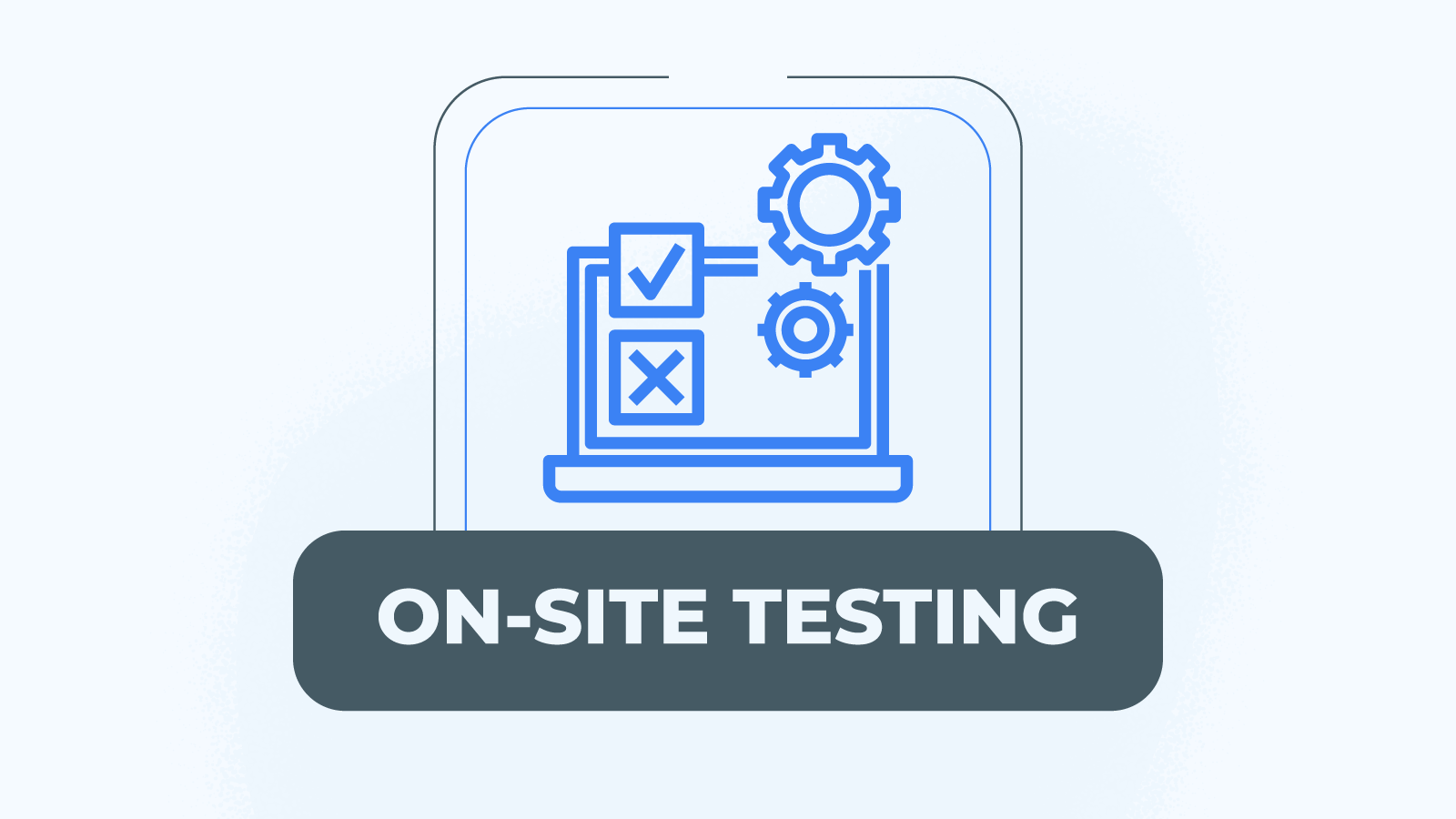
Since they do not hinge on hosted software, NZ live casinos require different assessment. Enter on-site tests.
Gambling fairness agencies like Gaming Labs International perform checks both for the streaming software and on-site verifications of the premises and facilities used in live games.
-
Game Logs
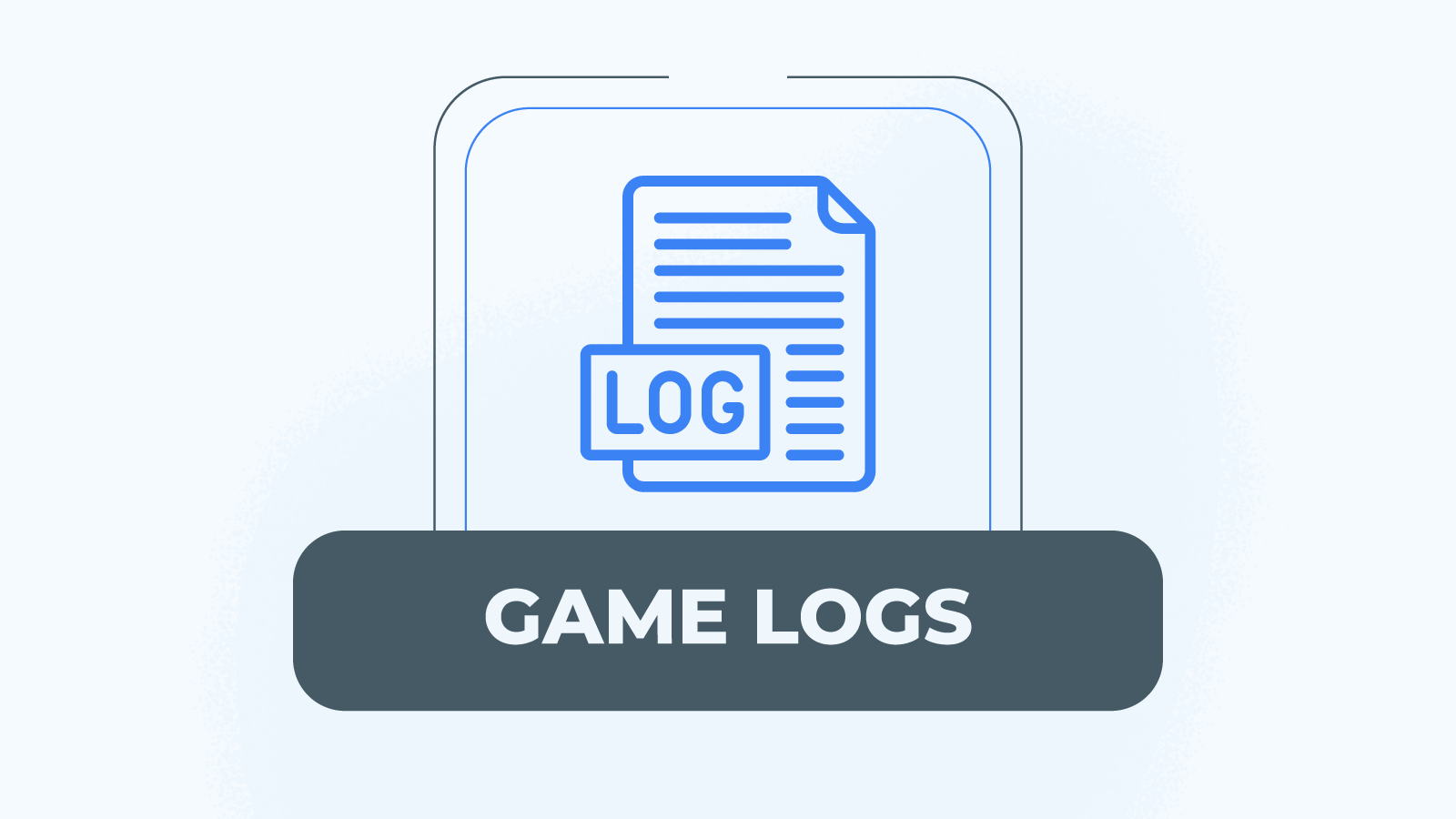
Not only are online casinos rigged in a lesser extent than physical facilities, but the possibility of correcting a mistake is better, given the game logs of each operator.
All results of a hosted activity are recorded in a customer history on the platform. In the case you, or any other players, suspect foul play, regulatory agencies can request the logs for analysis.
An on-land venue can skirt the law and allow itself slight abuses. However, if an online service fails to adhere entirely to its stated terms and licensor requirements, their operating companies can be effectively reprimanded.
-
Data Encryption
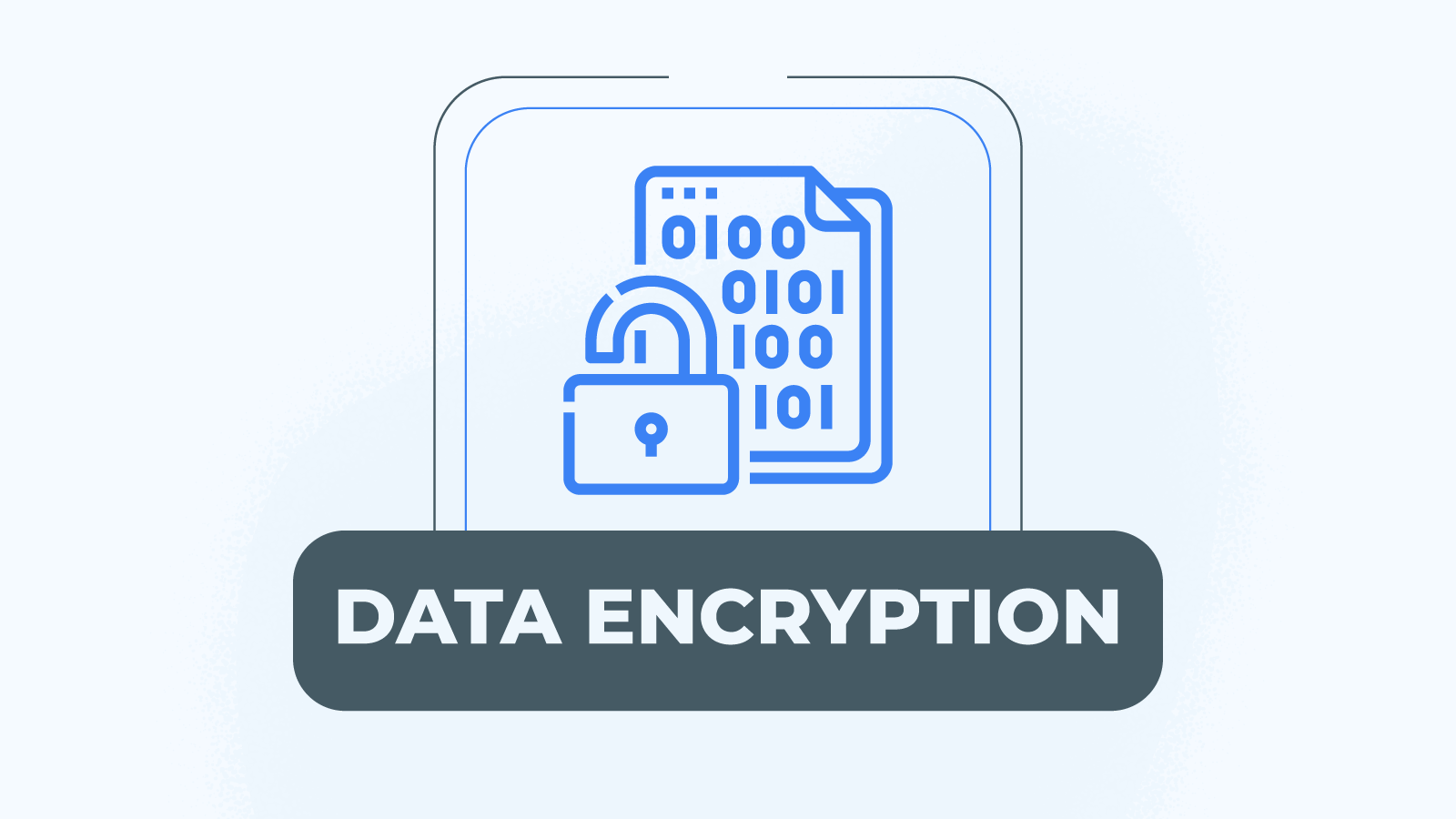
Using online gambling facilities presupposes the sharing of some sensitive information and documentation.
Thus, it becomes highly important that each casino site has a data encryption protocol set in place for its users.
Beyond SSL encryptions, an operator must also respect consumer data acts upheld within the jurisdictions it activates in. These sets of legislation contain limits on what the company can do with stored user data.
In short, each gambling operator can retain the minimal data for justifiable utilisation as long as it is required by the service and insofar as the customer agrees.
-
Blockchain Tech
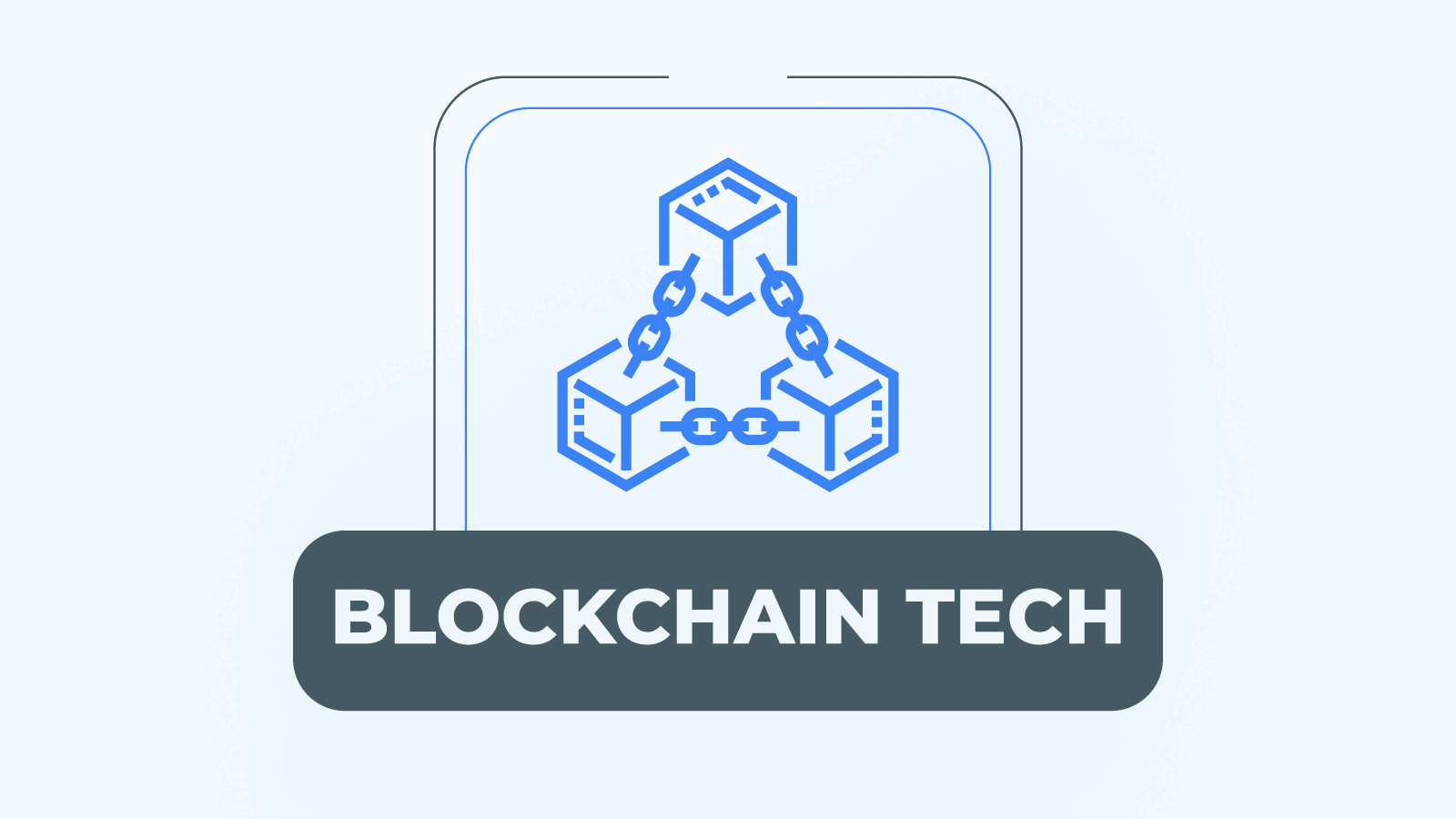
This approach is not a requirement but could represent a better approach to privacy in the future of iGaming.
Developers like Funfair pioneer a new approach to gaming and data protection that hinges on using blockchain technologies.
Our discussion around blockchain data protection systems in no way act as an endorsement of playing on casinos that use cryptocurrencies for transactions. Our iGaming contributors consider these to be risky for the average gambler due to the volatility of the currencies used.
You know how to check for proof of fairness for casinos. As for how is online gambling rigged, the answer should arise easily now.
How Are Online Casinos Rigged?
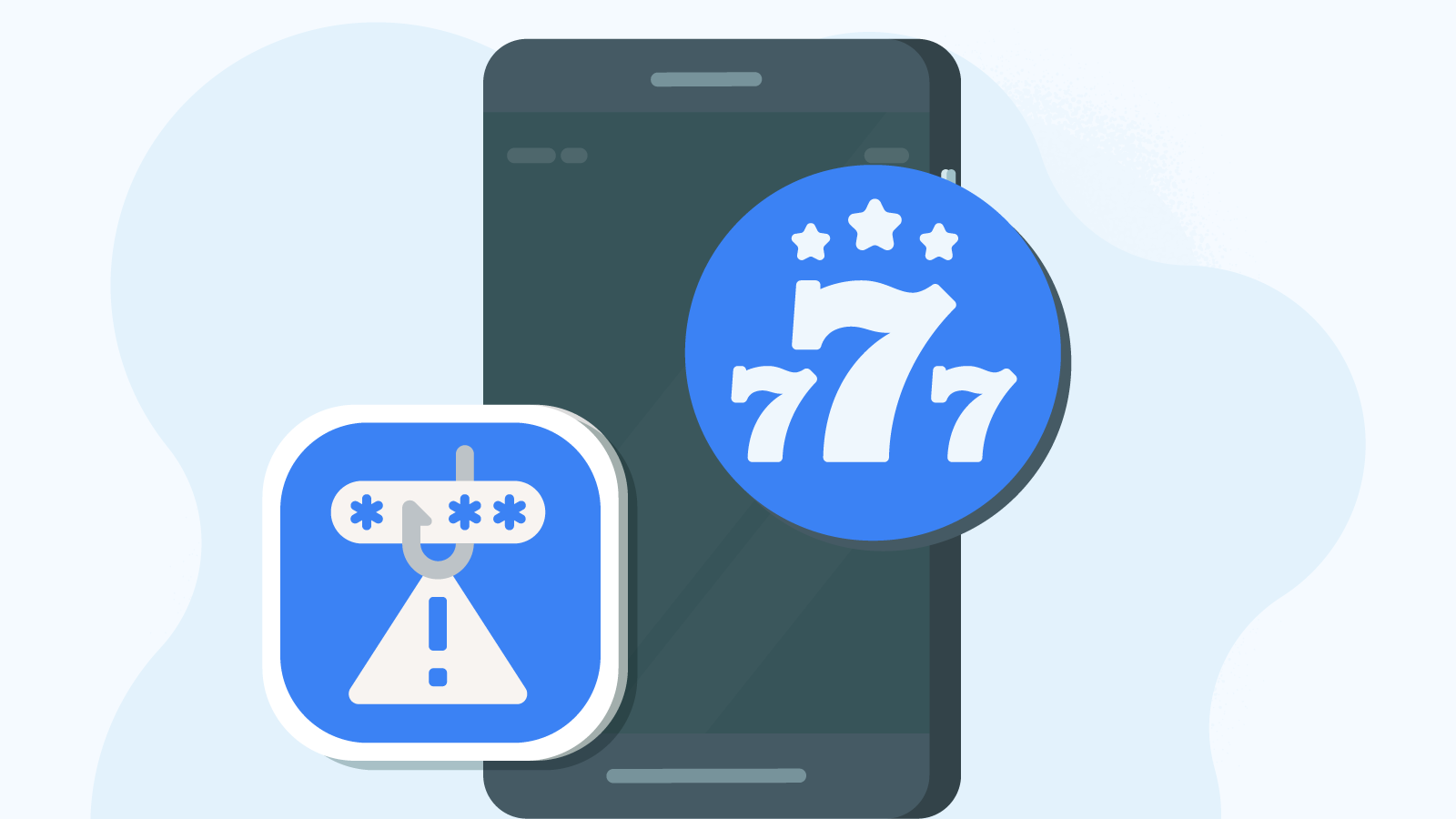
Scam casinos are essentially breaching one of the outlined fairness essentials that legal online NZ casinos must adhere to.
Although this definition for the actions of a scam casino is sufficient, it may not be immediately evident. We will have a look at the most frequent instances of rigging and illicit actions on the iGaming market.
Pirated Software
Gambling software piracy supposes the stealing or copying of activities or platforms from safe sources and then featuring them as an illegal service’s own.
The action also opens the possibility of covert modifications that tip the balance against the player and break the stolen software’s fairness.
For the scam operator, pirated software is a cheap way of obtaining games for a rigged online casino. For an unaware customer, it is a slightly underperforming version of a famous title, and covertly a monetary scam on the verge of happening.
For the informed gambler, stolen software is a big red flag and sufficient evidence against registering, let alone depositing funds on said site.
Tip for Identifying Pirated Software
- Check the game provider. Each developing team should feature its logo as the game starts. In some cases, it may be that of a subsidiary, so check for discrepancies here.
- If the game is wrongly attributed or unattributed, it is cause for concern.
- Does the implementation seem true to form? Pirated software tends to be janky.
- If the media does not fit the interface, you may be looking at stolen assets.
- Does the interface showcase the RTP anywhere? This lack may be proof of potentially illegal software.
Unreliable RTP and House Edge
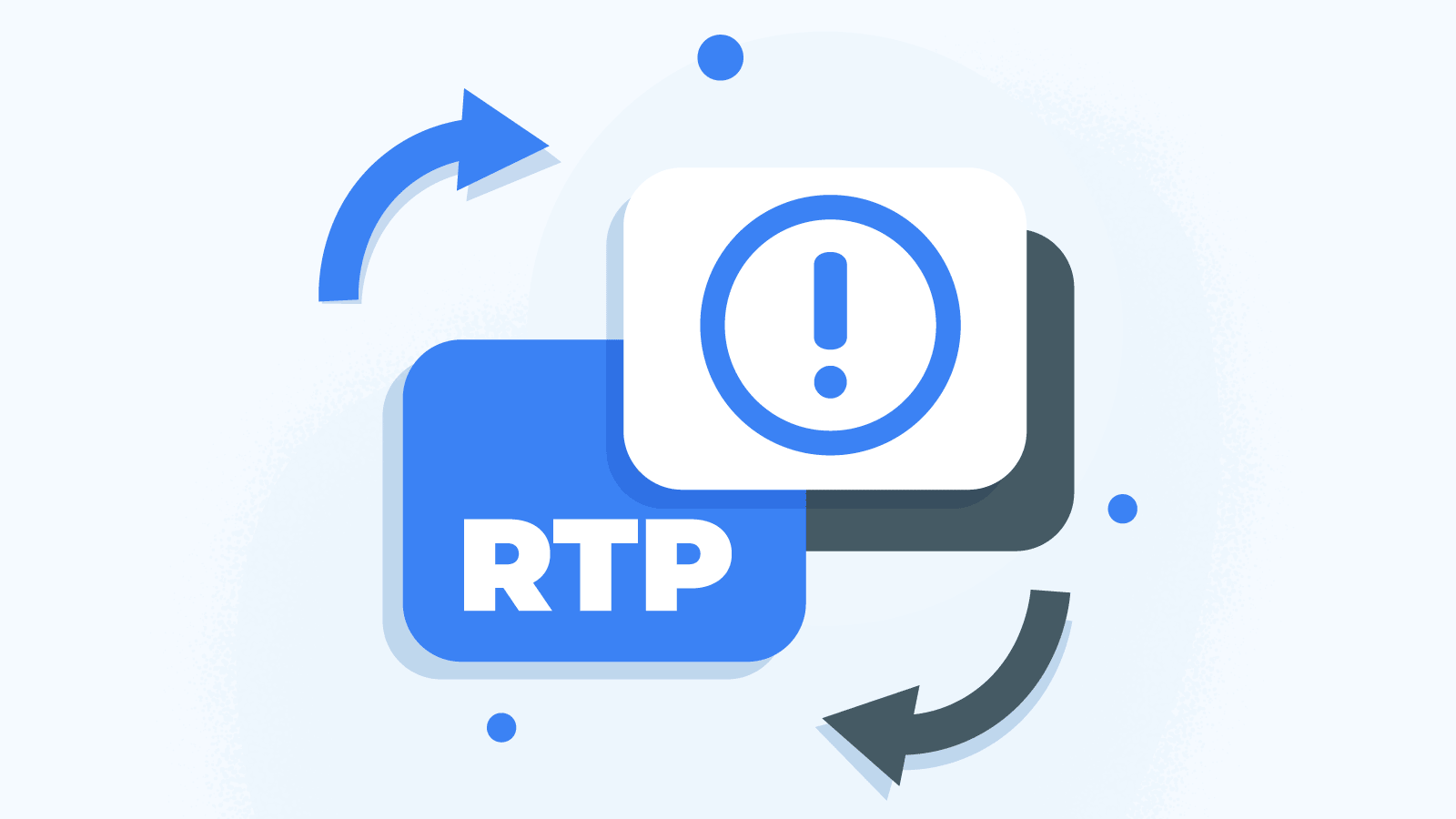
The Return to Player rate is a theoretical result that describes the fraction of your total stakes that you receive in return from played games.
Conversely, the house edge, a value more specific to table and card games, is the percentage amount that the casino is expected to keep in the long run.
In other words, a 98% RTP rate corresponds to a 2% house edge.
Note that both are theoretical results and only manifest over a statistically relevant sample of played rounds.
Nonetheless, even in a single round, these results adequately describe the inner workings of a casino game.
How are casinos rigged in this area? They can either fail to communicate the RTP or provide false specifications.
Tip for Verifying RTP and House Edge
- You do not have an effective way of checking them yourself in any one round. However, software providers publish the true RTP/ house edge results for their games.
- If you cannot find any such specifications, take this as a red flag. All gambling games have them.
- Remember that the house edge is the reverse of the RTP. If only one is shown you can quickly compute the other.
- Various activities have some standard RTP values. Use the following table for reference.
Table of RTP Depending on Game Type
| Game Type | Return to Player Rate |
|---|---|
| Slots | 96%-99% |
| Blackjack | 96.5%-99.54% |
| Roulette | 94.74%-98.65% |
| Baccarat | 89.64%-98.95% |
| Video Poker | 96%-99.94% |
Payment Fraud
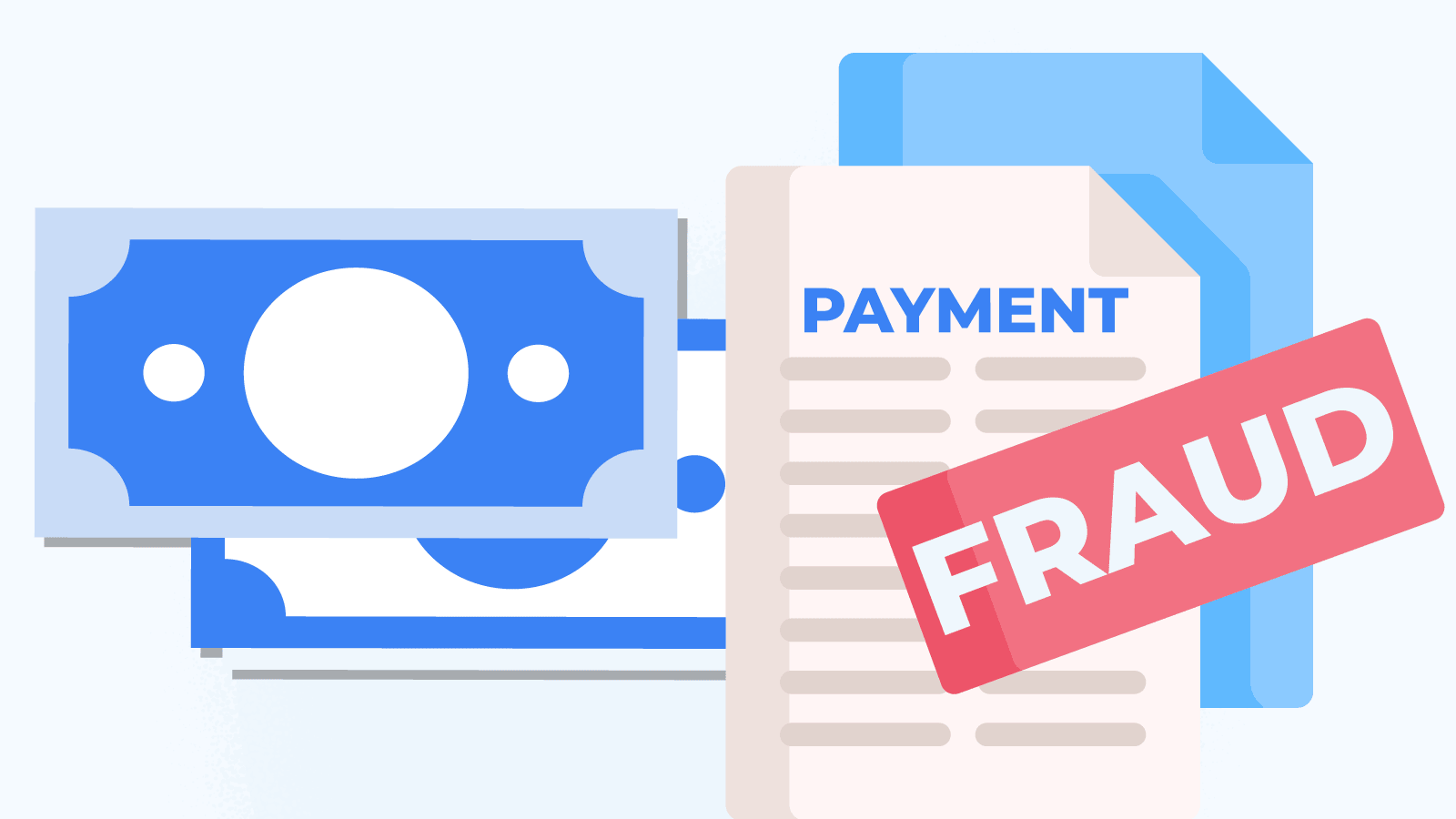
Online gambling implies the transfer of real funds for wagering. This fact makes the industry susceptible to banking scams.
These illegal practices can vary in their approach and risk. Some platforms may make conflicting statement regarding the payout of funds to its customers, while others will provide false reasons for non-payment.
In more dangerous instances, scam casino operators may try to steal your payment method.
In this sense, although gambling platforms require more banking documentation for AML and identity checks, it should never ask you for sensitive information.
How to Stay Away from Banking Scams
- Choose sites with credible and renowned payment methods, including Mastercard and Visa cards, or better-known e-wallets.
- Read the banking policy. This must contain the transaction processing periods. Lacking such info is a bad sign.
- If an operator postpones the payment of cashable funds beyond stated periods, reach out to its licensor or other governing bodies.
- Opt for fast payout online casinos whose payment processing times have been reviewed and confirmed.
- Unstated site-side fees are not normal. Remind the operator that requesting such illicit taxes is grounds for legal action.
- Never provide information that can be used to hijack your payment method. Card verifications should be done with part of the card numbers and CVV digits covered.
- Postponing payments due to a lack of internal funds on the side of the operator is no valid reason.
Bonus Breaches

Promotions are the initial draw to one gambling site for many gamblers. However, they are also ripe with possible abuses.
-
Non-Deposit Bonuses
No deposit offers are the most attractive for new gamblers. These entail that you become a member of the gambling platform, claim, and complete the associated requirements. If following the completion, you cannot convert and request resulting funds, this is called promotional abuse.
Make sure to choose wisely your no deposit bonus codes NZ. It is even better that you select them from accredited sources.
-
Deposit Bonuses
Some promotions will require you to complete a deposit for eligibility. Once you complete all stated steps, you should receive your offer.
If this is not the case, the casino can be charged with false advertising or promotion abuse.
We always recommend that you choose a NZ casino bonus from trusted platforms, especially if it asks for a deposit.
How to Deal with Bonus Fraud
- Read the bonus policy of each platform. If one does not have such a document, do not trust its promotions.
- If you do not receive your bonus, albeit being eligible, inform the customer support team. If the agents do not provide a solution, reach out to authorities.
- Losing your bonus funds unjustifiably or not being able to receive converted funds are clear forms of abuse. Voiding the funds or resulting winnings must come with a stated reason.
- All promotions must clearly inform possible claimants about essential conditions, like the awardable amount, eligible payment methods and games, the wagering requirements, and the availability period. Do not participate in bonuses that lack such info.
No Licensing
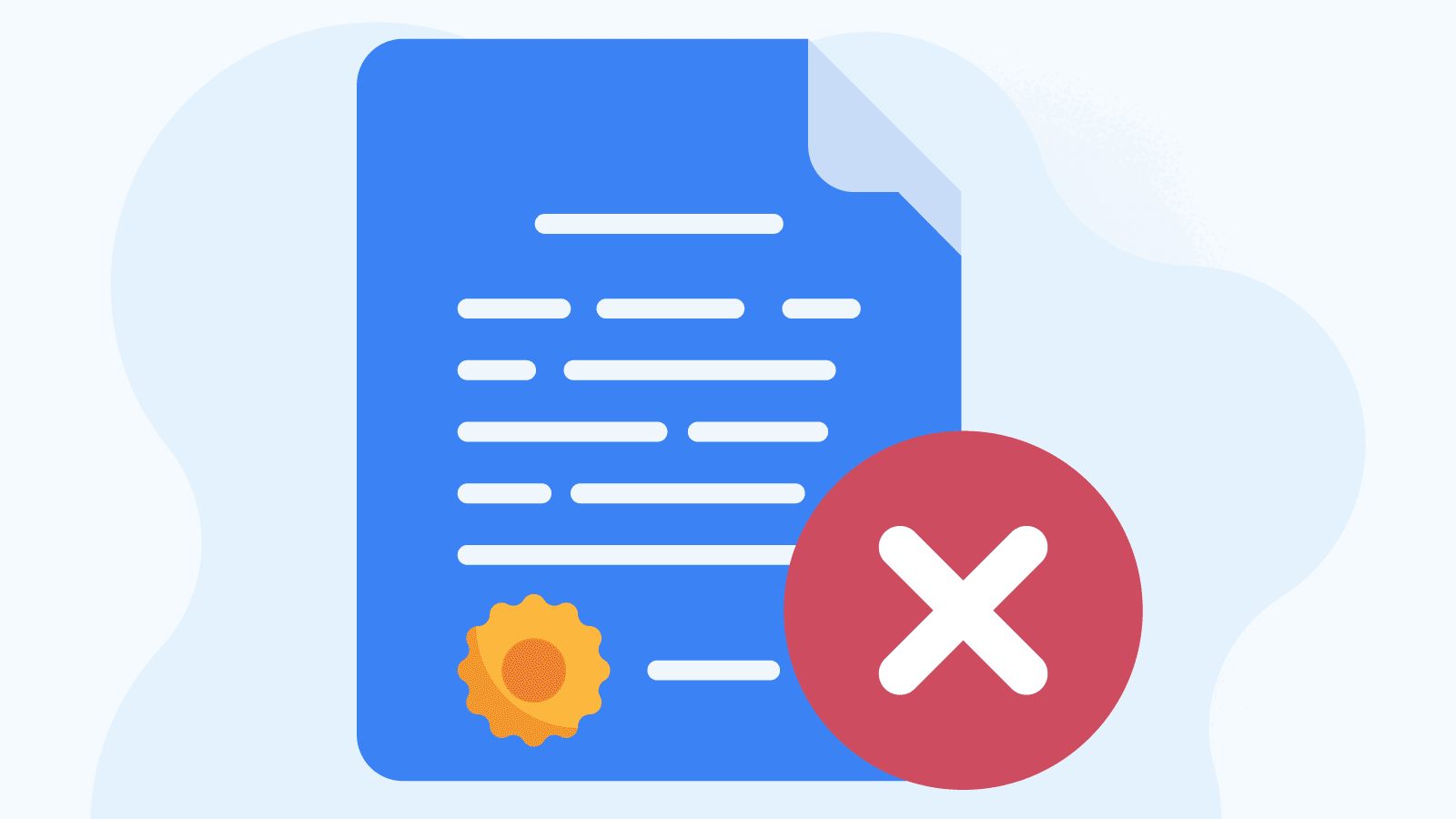
Online gambling rigged platforms simply breach the conditions of current licenses. Take this as the complete summary of all previous abuses.
As such, a platform without a gambling license is the prime example of a rigged casino. There is no silver lining here. If a platform does not hold a piece of accreditation for its fair functioning, do not access it.
Some casinos may falsely showcase licensing in some instances. Fortunately, you can quickly check if their claimed accreditation is valid and current.
How to Check if Online Gambling is Rigged
- If the site mentions a license, look for its number. Go to the licensor’s database and look it up.
- Even if you cannot find the license number, look for the name of the operating company in the database.
- It is not enough for a site to feature the watermark of a licensor. Doing so without a link to its accreditation is criminal action.
- Even if the company is registered with a licensor, its license can be inactive, cancelled, or expired. Check the state of a site’s accreditation.
Why Are Casinos Rigged?
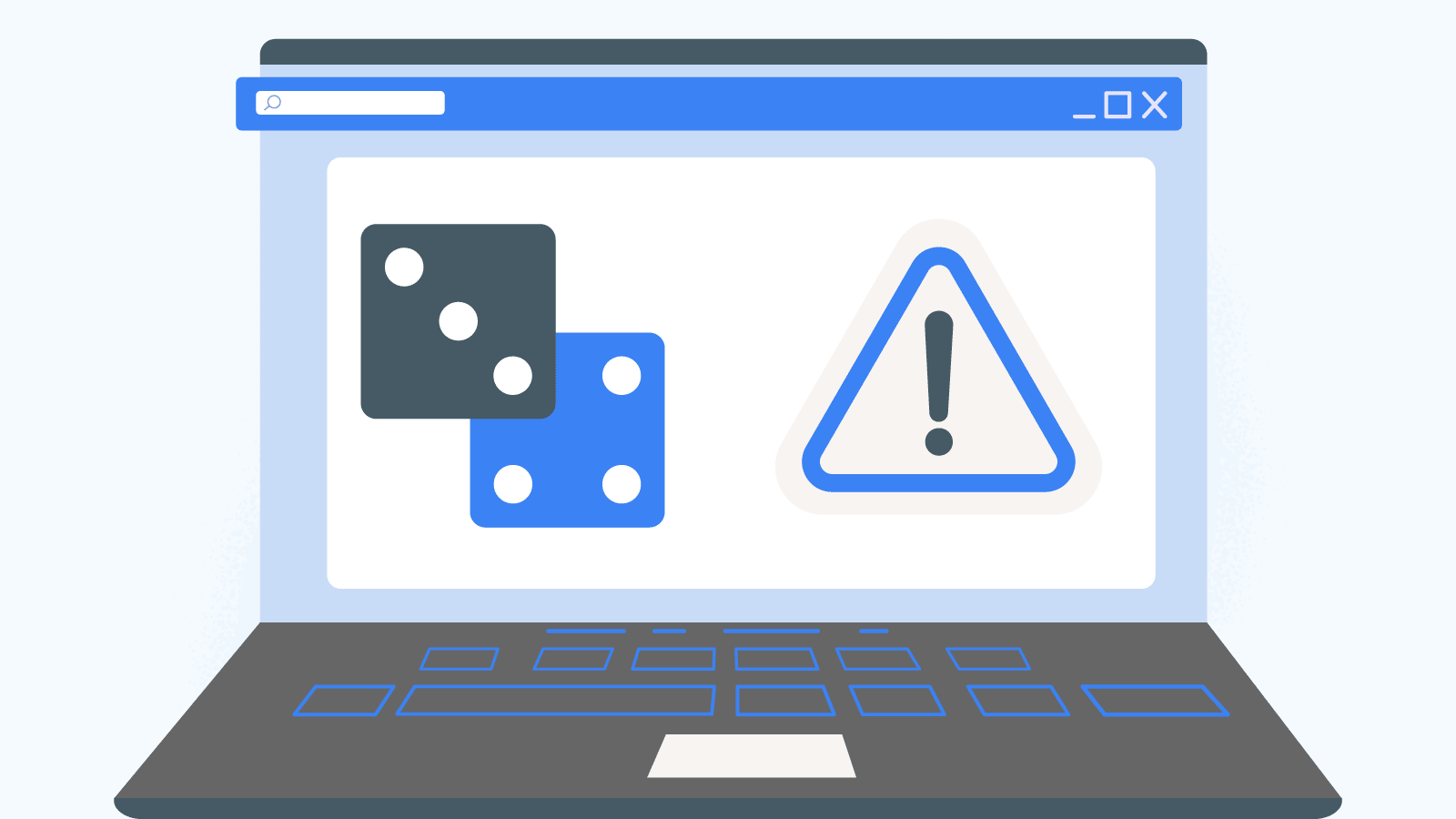
Such illicit platforms are still popular since they can attract many gamblers that are uninformed about scam casinos.
Are online casinos rigged? It may be the case. However, the faction of illicit platforms is small and diminishing. Legislators are tireless in addressing and enforcing fairness and safety in the iGaming industry.
Thus, the vast majority of gambling sites are a safe bet. However, we still consider that you should know how to tell apart fair and unfair platforms.
The entirety of our efforts is meant to instil responsibility and transparency into the current online gambling market.
How We Ensure the Fairness of Casinos
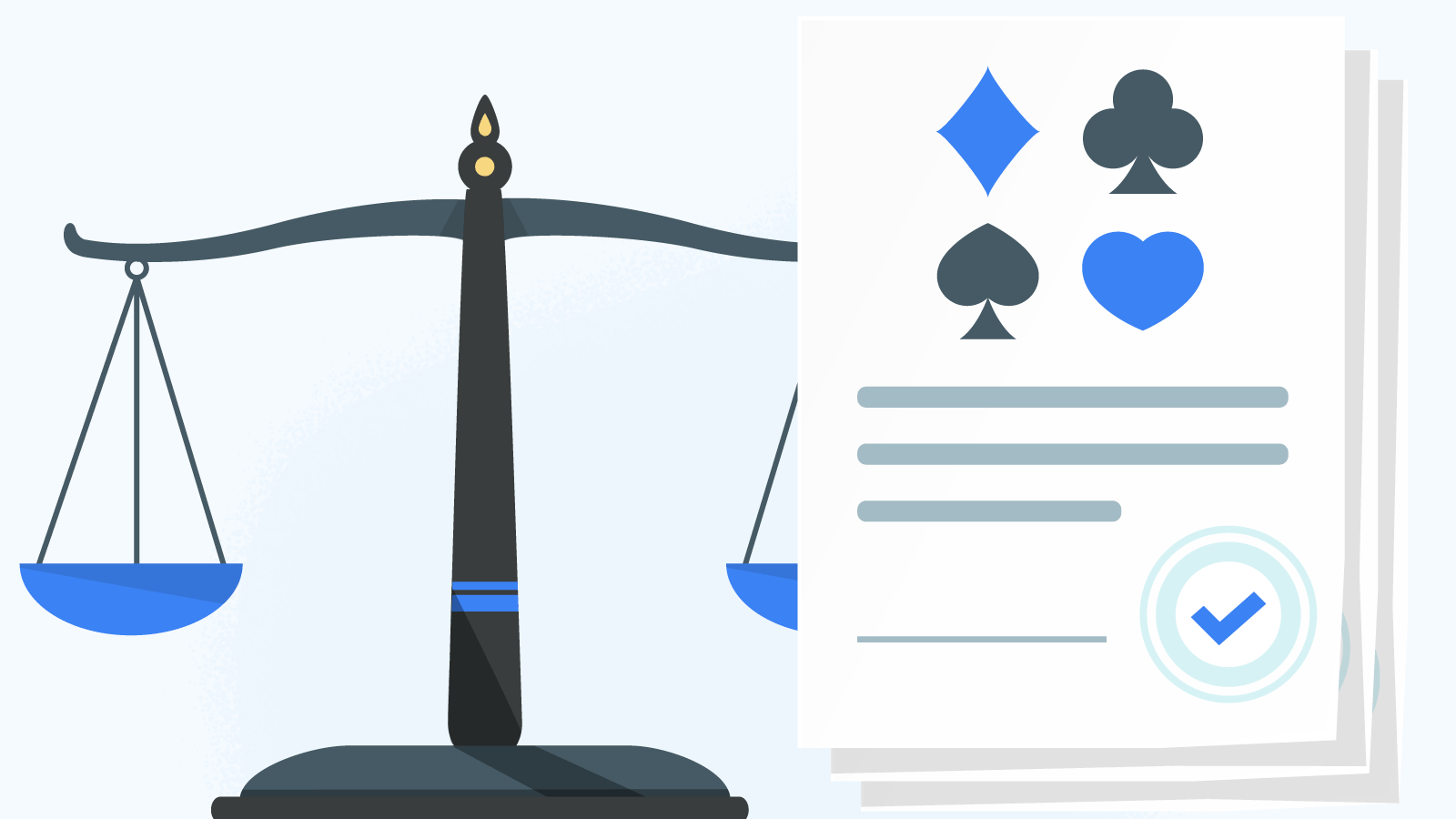
- We only consider licensed casinos. A platform with no accreditation is disqualified by default.
- Additionally, we rate the type of license a gambling site holds and inform you of the facts.
- Each aspect of the platform is placed under scrutiny and assessed. Our findings are compiled and redacted in a readable and user-friendly review.
- Promotional offers receive the same treatment. We provide the essentials in a comprehensive manner while also interpreting the bonus policies.
- We complete our analysis with a series of informed conclusions entirely based on our hands-on approach and other trustworthy sources.
- While each review is complete and exhaustive, we perform regular checks and updates if necessary.

